Community Education Tips
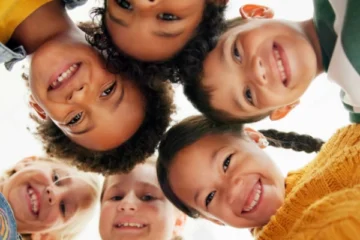
MainPlace Presents CHOC Wellness Fair
Join us at the 2025 CHOC Wellness Fair for free health resources, expert advice, and a kids’ helmet fitting with bike safety tips—fun and learning for the whole family!
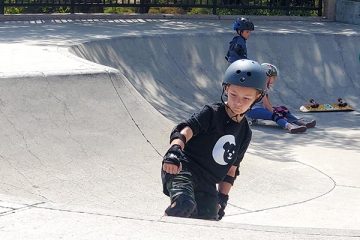
OC Trauma Helmet Safety Event
Join us to learn more about the importance of helmet safety!

Window Safety
Every year, unintentional window falls send thousands of children ages 5 and younger to emergency departments nationwide. Learn how to protect your child.
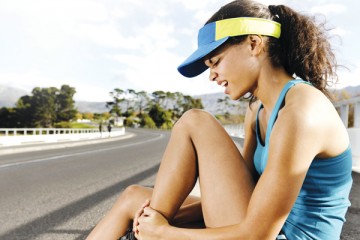
Sprains and Strains
A sprain is a stretch or tear in a ligament, the bands of fibrous tissue that connect our bones at the joints. A strain is also a stretch or tear, but it affects the muscle itself or a tendon.

Teen Safety in the Car
Motor vehicle crashes are the leading cause of death for teenagers.
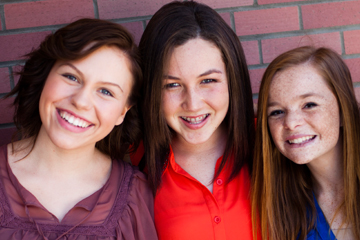
Body Image
Negative body image is found in children of all ages, shapes and sizes! Discuss the definition of Body Image with your children.
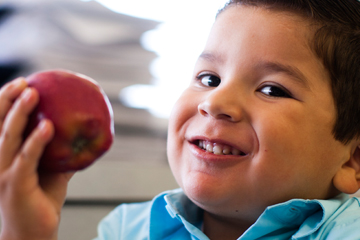
Healthy Eating
Although it sounds healthy, fruit juice is mostly sugar and packs a lot of empty calories. Limit your child’s intake to only 4 ounces of juice per day for healthy eating.

Sun Safety and Skin Protection
As much as 80 percent of a person’s lifetime sun exposure occurs by age 18. Check out these tips to lessen the risk of sun damage.
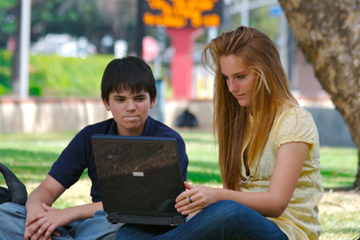
Media Violence
By the end of elementary school, children have seen more than 110,000 acts of violence. Remind children that they always have choices in life and violence should never be a choice.
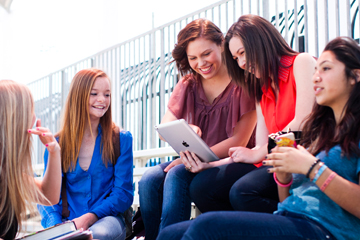
Personal Hygiene
Personal hygiene starts with handwashing. The most important thing you can do to keep from getting sick is to wash your hands!
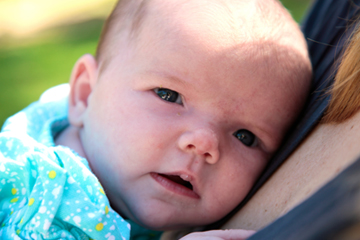
Sleep Position for Young Infants
Sudden Infant Death Syndrome or SIDS is the sudden and unexplained death of an infant under one year of age, usually during periods of sleep.
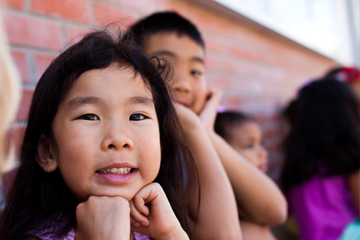
Personal Safety for Children
For your child's personal safety, keep open communication with your child. Ask your child how things are going every day. You can help your children learn to be safe and secure.
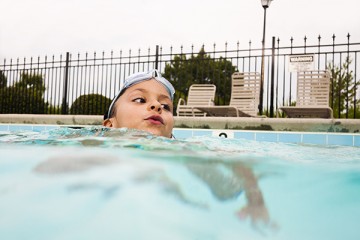
Kohl’s Water Safety and Education Program at CHOC
Water safety matters. Children and water can be a fatal combination. Drowning is a quick, silent event. A child can drown in as little as two inches of water.
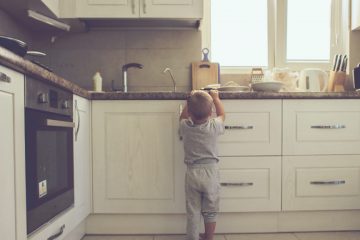
Home Safety
To practice home safety, supervision is the best way to keep your children safe. However, here are some things you can do to help make your child’s environment safer.
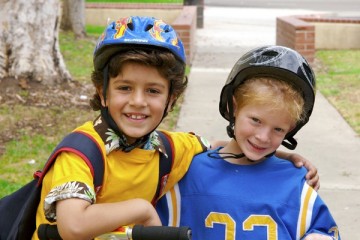
Helmet Safety
Children should wear a helmet while they are riding on their bikes, scooters, skateboards or in-line skates. Helmets protect the head and brain from getting hurt. They are like “seatbelts” for your head.
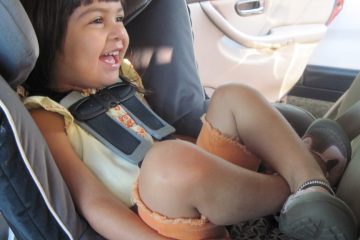
Child Passenger Safety
Car crashes are the No. 1 preventable cause of death of children and young adults. Learn the proper use of child restraints and seat belts.
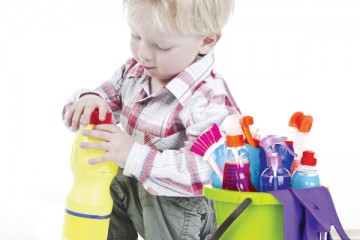
Chemical Poisoning in the Home
Many ordinary household items can be poisonous, from medicines and makeup to bug spray and cleaning products. Chemical poisoning in the home can be avoided.
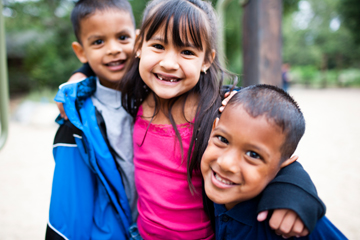
Be Wise Immunize
Immunize your children to prevent them from getting sick. Staying healthy is important to keeping you and our community safe. Children under the age of 5 are less able to fight off germs.












